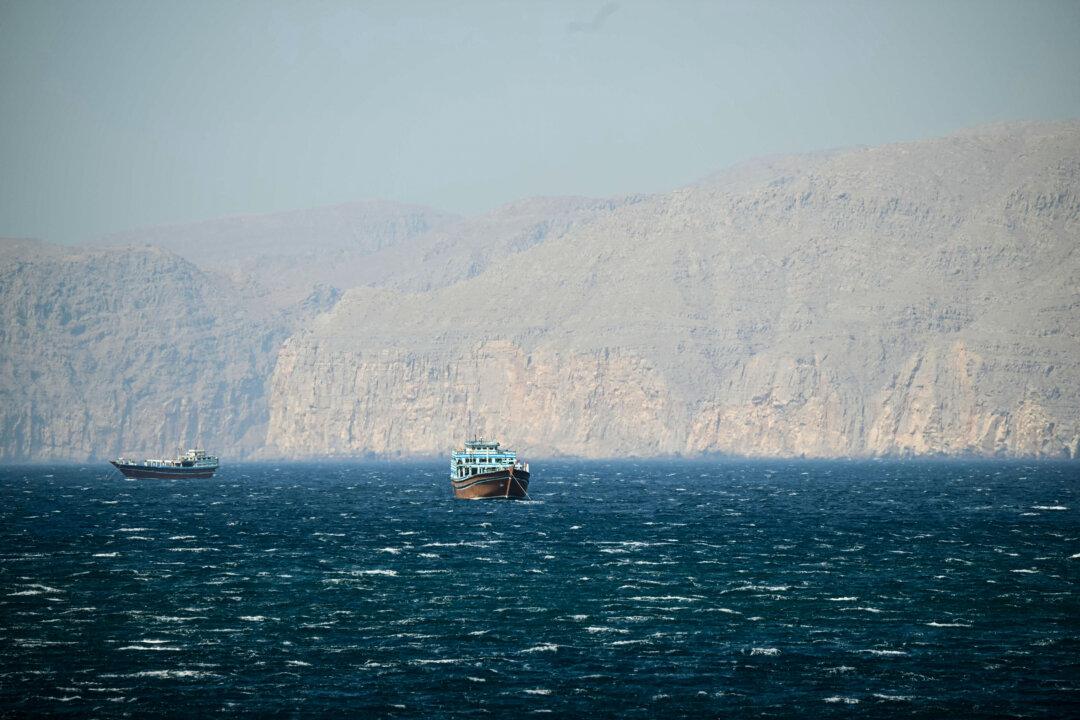Tens of thousands of people in the cities of Kelowna and West Kelowna, B.C., and Yellowknife, N.W.T., have been forced to evacuate as a series of wildfires creep toward the communities.
Officials have said the fast-burning McDougall Creek wildfire bearing down on West Kelowna, B.C., population 36,000, is “very active and unpredictable.” As such, more than 2,400 properties are under an evacuation order and more than 4,800 are under an evacuation alert.





